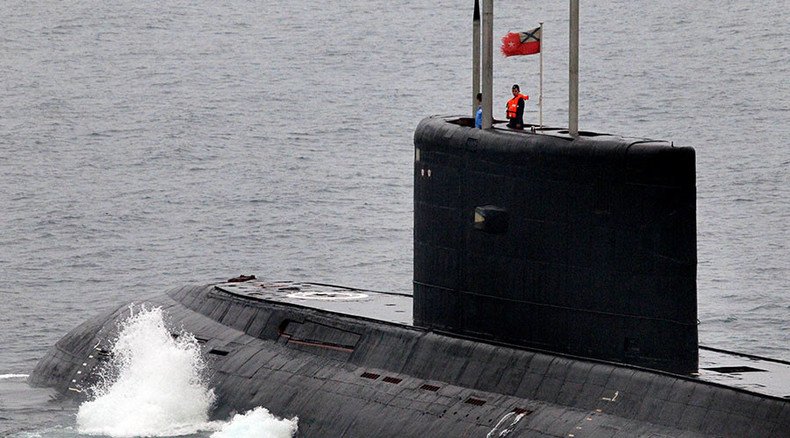US fears Russian subs near undersea cables may cut off communications - report

US military and intelligence officials are anxious about Russian submarines and spy ships operating around undersea global communications cables, The New York Times reported, adding that the main concern is Russia cutting the cables during conflict.
The report added that there was no concrete evidence supporting the concerns and was based on increased mistrust of any Russian activity.
“I’m worried every day about what the Russians may be doing,” Rear Adm. Frederick J. Roegge, commander of the Navy’s submarine fleet in the Pacific, told the newspaper.
The undersea cables are seen as a serious vulnerability because of their importance in US economy and military and the lack of protection against a potential attack. They carry global business worth more than $10 trillion a day and more than 95 percent of daily communications, according to the NYT. But the locations of most of the cables are well-known and can be relatively easily reached without anyone noticing.
READ MORE: 'Russia gatecrashed underground NATO party in Syria'
“The risk here is that any country could cause damage to the system and do it in a way that is completely covert, without having a warship with a cable-cutting equipment right in the area,” said Michael Sechrist, a former project manager for a Harvard-M.I.T. research project funded in part by the US Defense Department.
The Pentagon is monitoring Russian Naval missions in the locations of the cables by spy satellites, ships and planes. One particular concern is the Russian scientific ship Yantar, which is operated by the Navy. It carries two Mir-type submersibles that can dive up to 6,000 meters. Last month, the ship cruised off the US East Coast on its way to Cuba, where a major cable lands near the US military base at Guantanamo Bay.
The US itself has a history of tampering with other nations’ cables, although their interest has generally been in espionage. For example, the submarine USS Jimmy Carter is believed to have equipment for the underwater splicing of optical cables.
LISTEN MORE:












